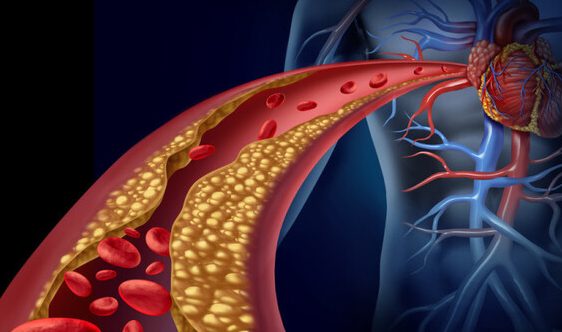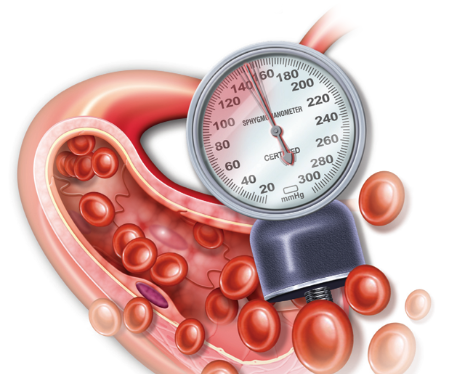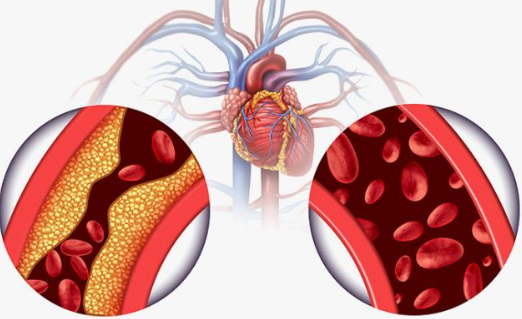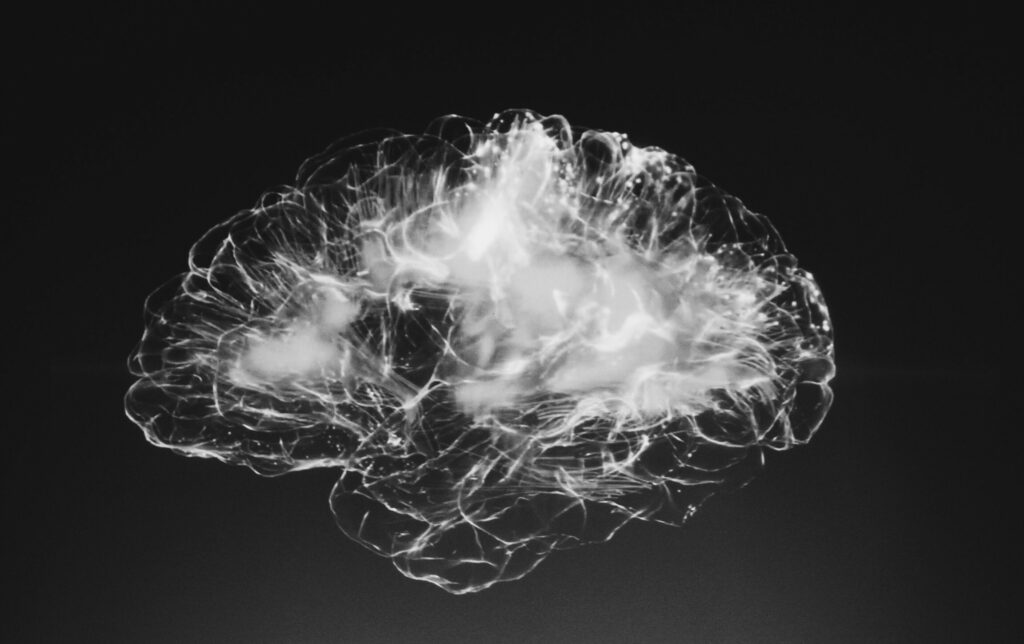Could high blood pressure during middle age increase the risk of dementia?

Controlling high blood pressure during middle age can help prevent dementia later in life. In a long-term study, researchers checked the blood pressure of thousands of participants five times over nearly three decades and then performed neurological tests. Having high blood pressure between your mid-40s and mid-60s was associated with an increased risk of dementia later in life, compared with those with normal blood pressure, the researchers report.
Among study participants who had high blood pressure during midlife, there were 3.28 cases of dementia per 100 person-years, and among those with normal blood pressure during midlife, there were 1.84 cases per 100 person-years. The study also indicated that high or low blood pressure in old age increased the risk of dementia if a person first developed hypertension during middle age.

Among people with normal blood pressure starting in middle age, 1.31 in 100 people developed dementia each year, the team found. The number of new cases of dementia was higher for those with hypertension starting in middle age, at 2.83 per 100 person-years, but the highest-risk group had hypertension first and then low blood pressure later in life, with 4.26 new cases per 100 people per year.
Hypertension was defined as having a systolic pressure (how much force the blood exerts on the walls of the arteries when the heart beats) greater than 140 millimeters of mercury, with a diastolic blood pressure (the force on the walls of the arteries when the heart beats). rest) above 90. This was the standard definition of hypertension when the study began, now a reading of at least 130 over 80 is considered high blood pressure.


High blood pressure can damage blood vessels, making them stiffer. Previous research suggests that, when the brain vessels are damaged, the organ does not function as well, possibly because it receives less oxygen and nutrients, then later, if blood pressure is too low, the reduced blood flow may further deprive the brain. But, if the amount of vascular dysfunction can be reduced by controlling blood pressure with medication, exercise, or diet, further dementia may be delayed or even prevented.





Responses